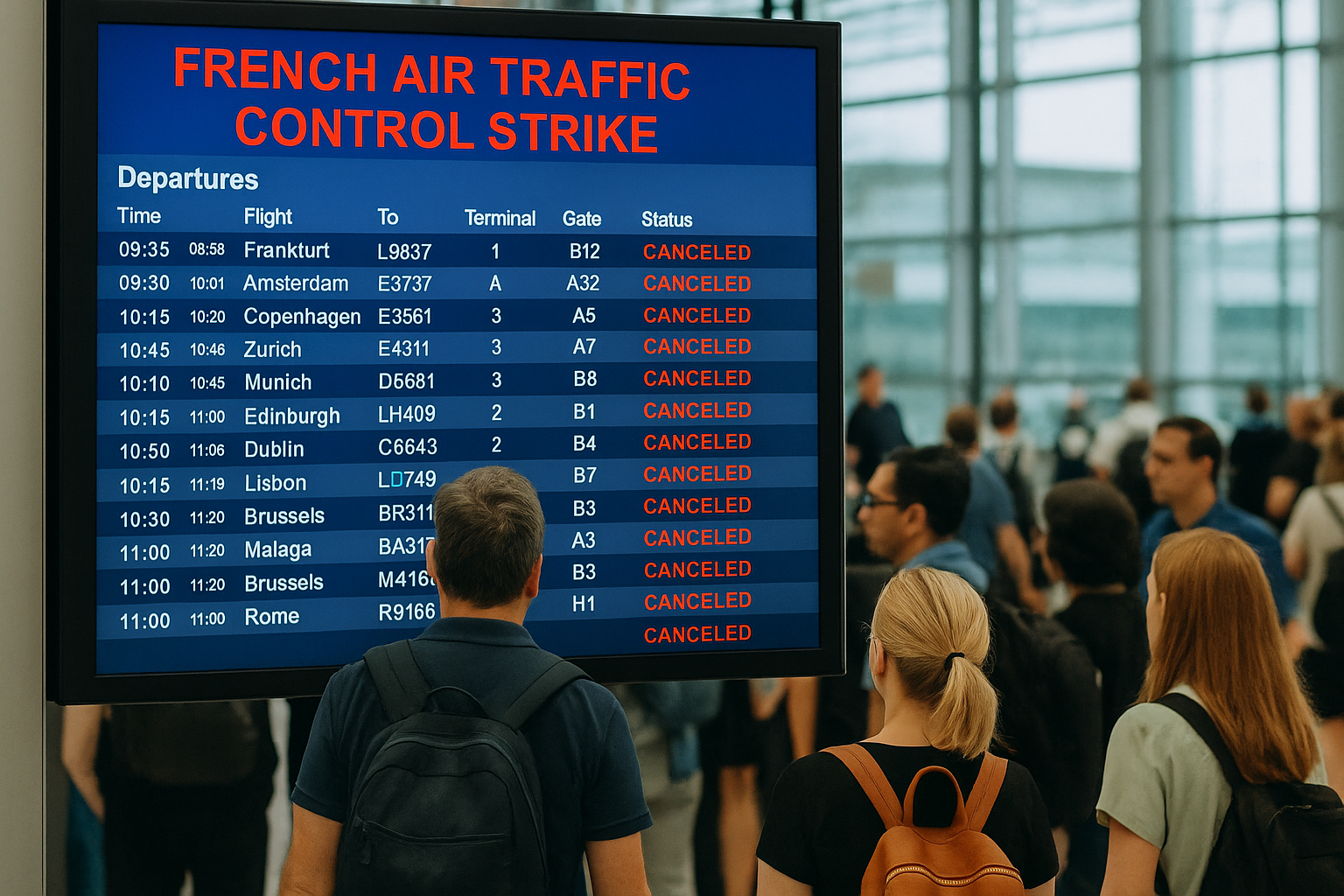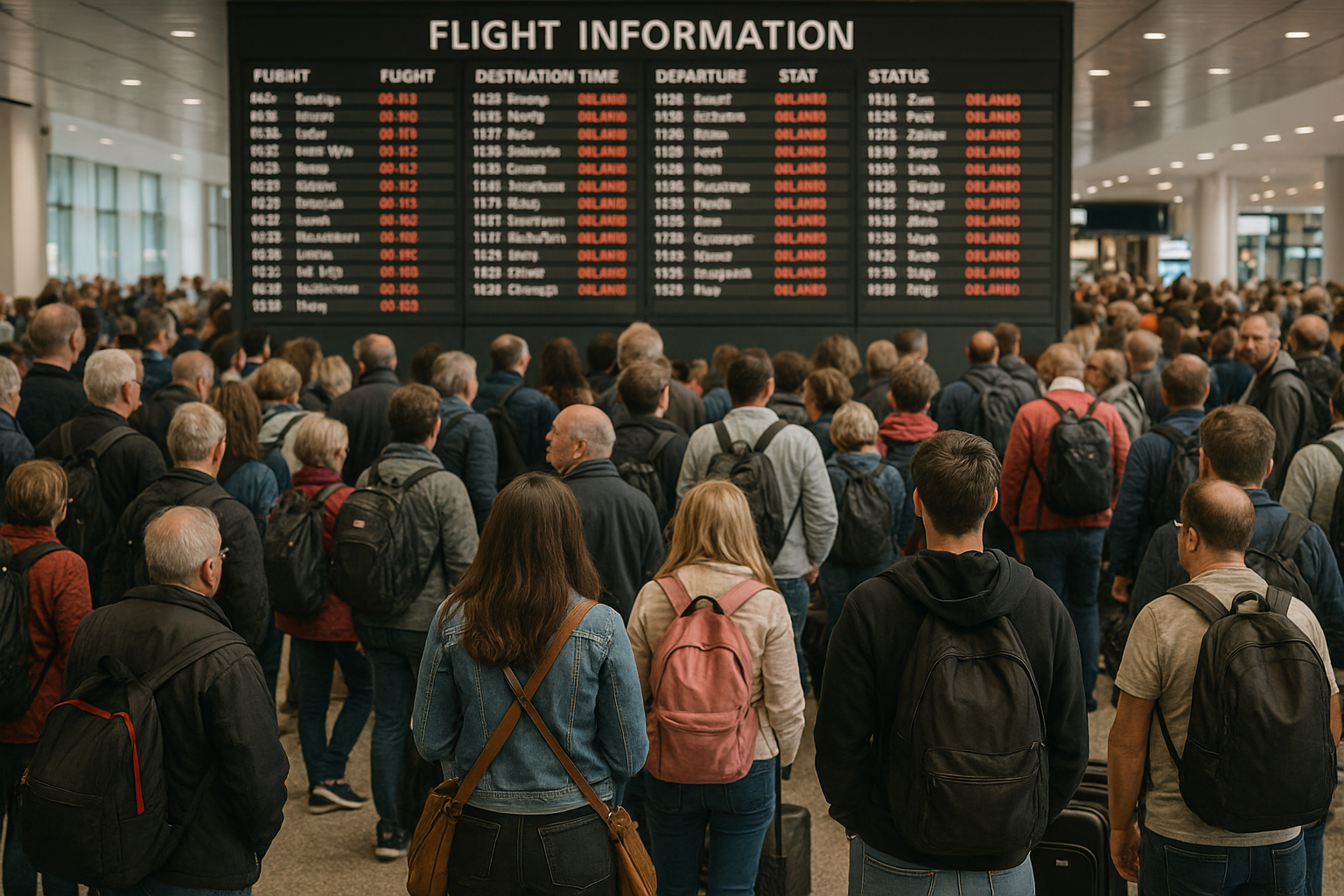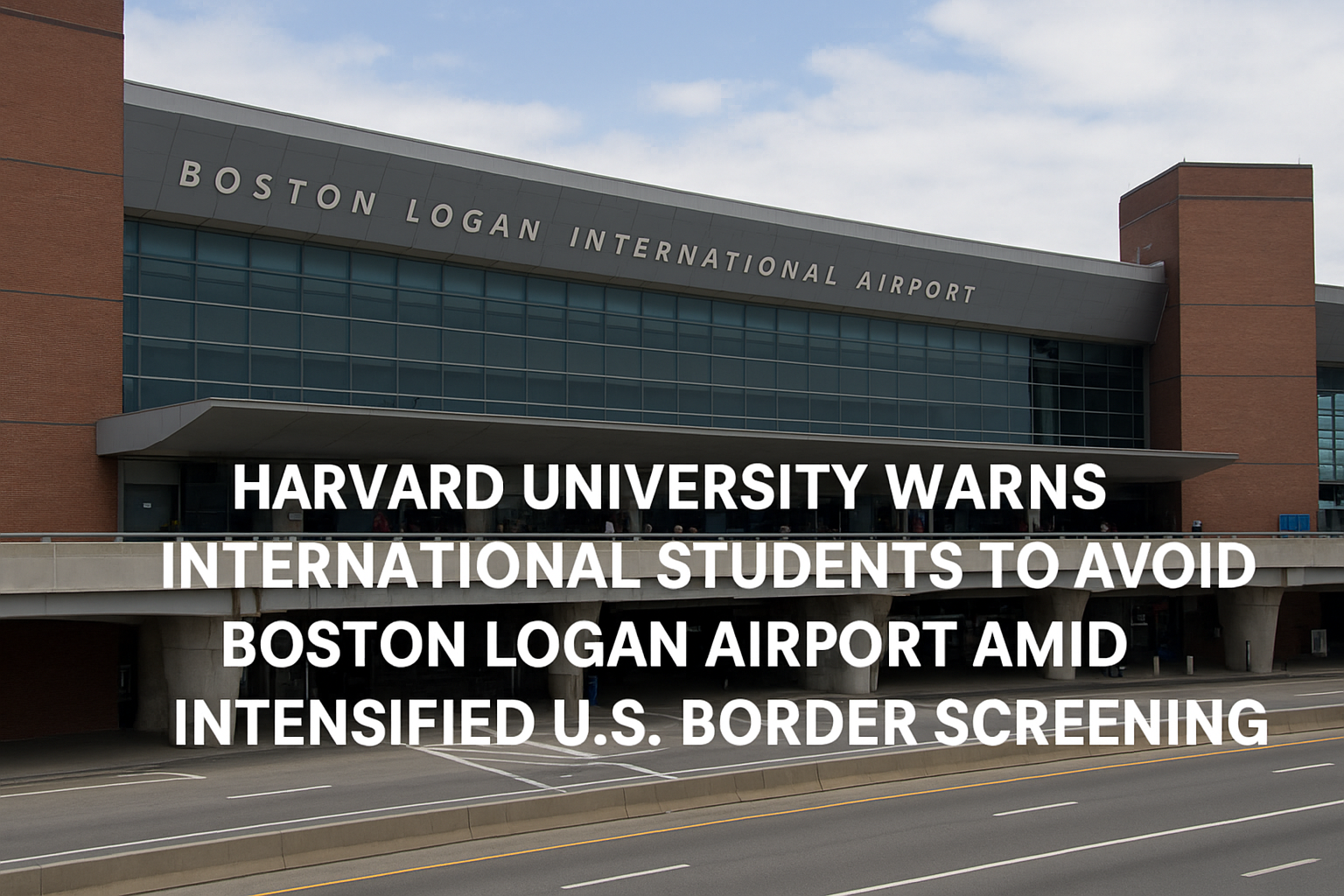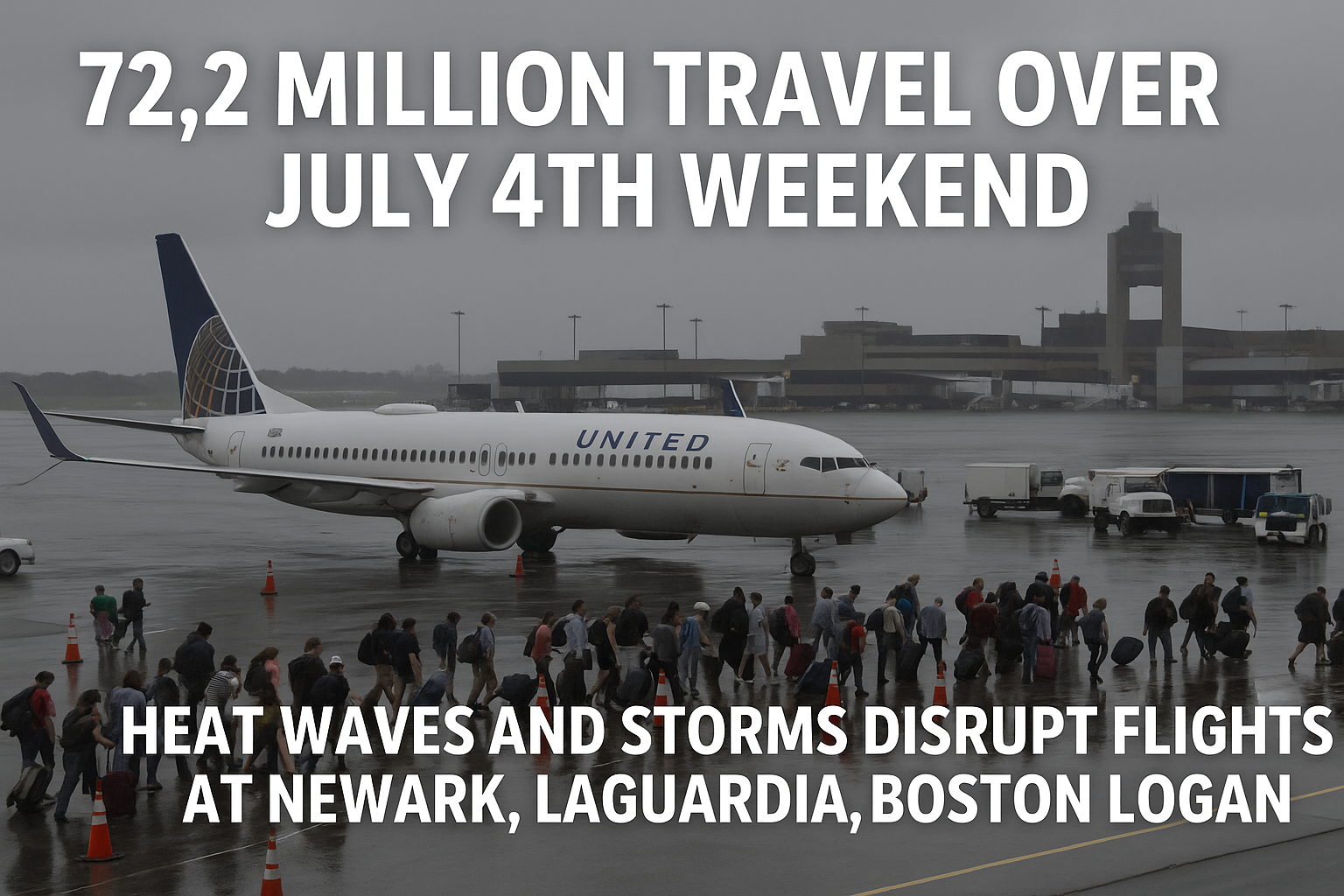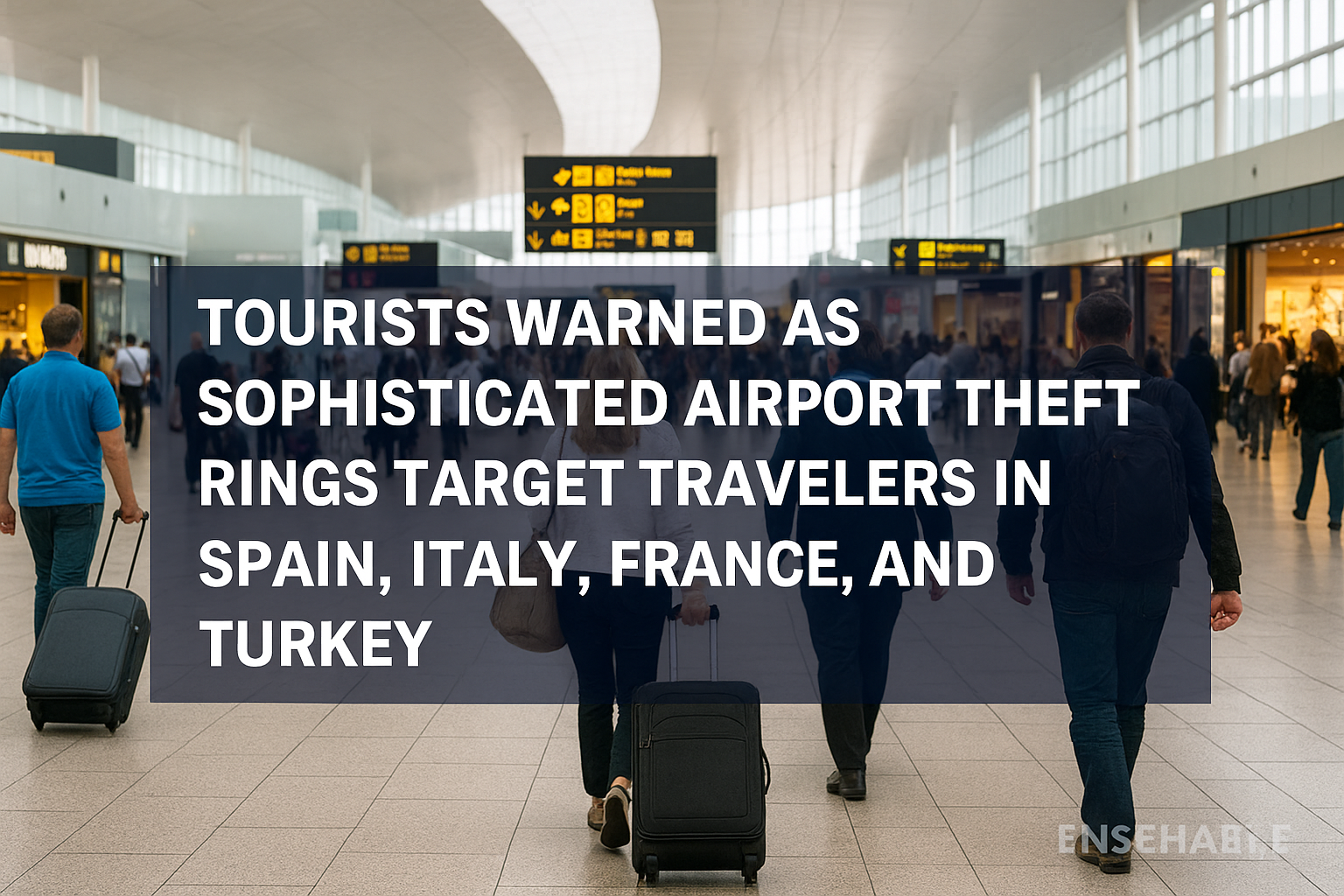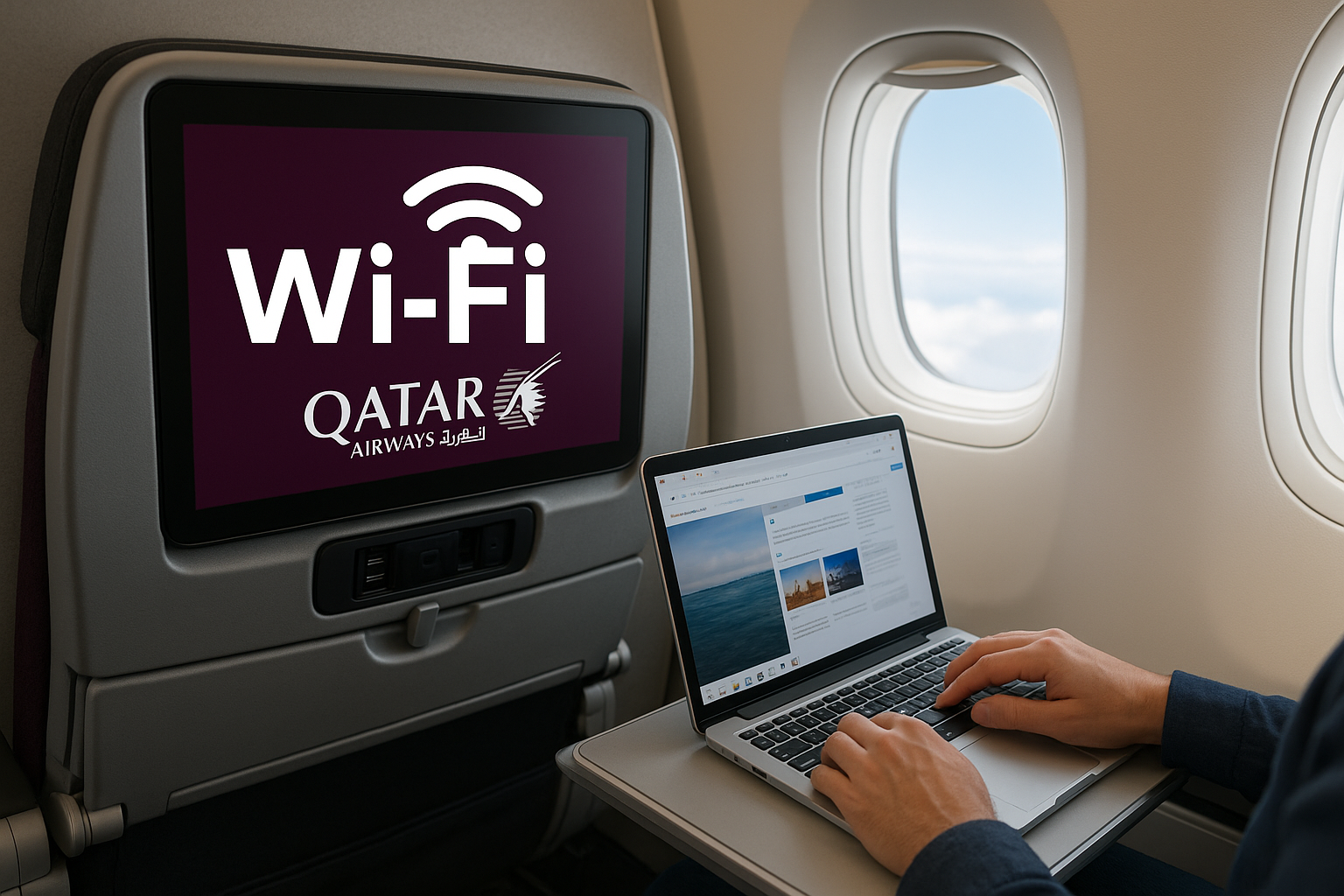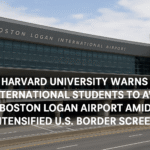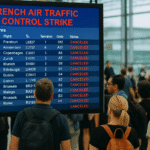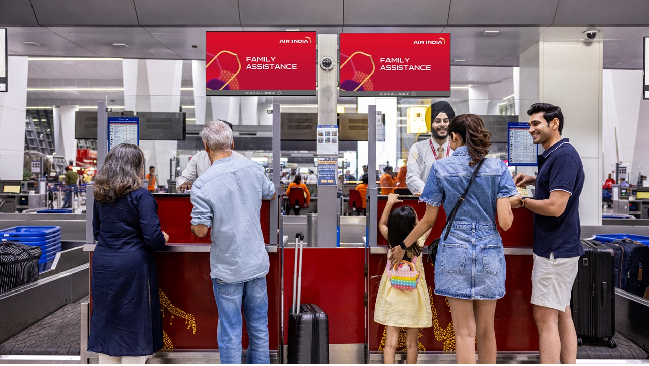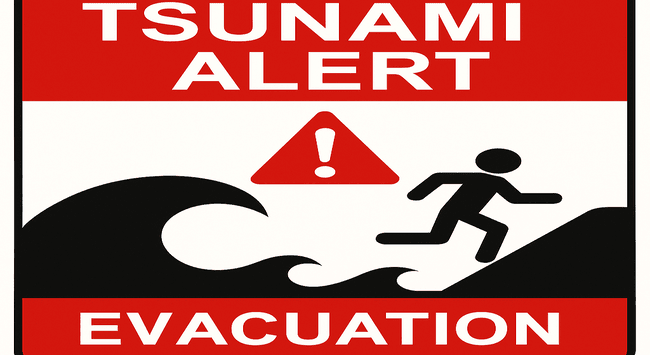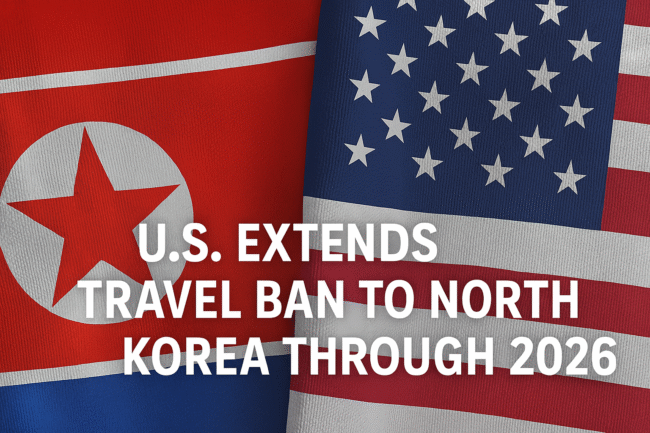Europe’s air travel network faced massive disruption today as more than 1,000 flights were delayed or cancelled across the continent, throwing travel plans into disarray. The chaos stems from a combination of air traffic control and ground staff strikes, airline crew shortages, and severe weather conditions at major airports including London Heathrow, Paris Charles de Gaulle, Helsinki-Vantaa, and Amsterdam Schiphol.
Widespread Impact Across Major European Hubs
According to real-time data from global flight tracking services like FlightAware and Eurocontrol, the worst-hit airports included:
- Amsterdam Schiphol: 262 delays, 6 cancellations
- Paris Charles de Gaulle: 166 delays, 18 cancellations
- London Heathrow: 113 delays, 11 cancellations
- Barcelona El Prat: 102 delays, 6 cancellations
- Rome Fiumicino: 92 delays, 5 cancellations
- Helsinki-Vantaa: 18 delays, 68 cancellations
- Milan Malpensa: 60 delays, 4 cancellations
- Copenhagen: 35 delays, 7 cancellations
- Prague Václav Havel: 27 delays, 4 cancellations
Strikes Disrupt Operations
A series of rolling strikes by airport ground handlers and air traffic control personnel severely affected airport efficiency across France, Finland, and other European countries. French unionized staff at Charles de Gaulle forced Air France to cancel at least 15 flights and delay over 80. In Helsinki, a strike by Finnair ground support staff crippled 21% of the airline’s schedule, resulting in 66 flight cancellations.
The European Organisation for the Safety of Air Navigation (Eurocontrol) had warned earlier this week of potential bottlenecks and capacity constraints due to labor actions, especially in France and Scandinavia.
Major Airlines Severely Affected
The disruption had a domino effect on multiple carriers. Leading European and international airlines such as British Airways, Lufthansa, KLM, Air France, Emirates, and Air India all saw substantial schedule interruptions.
- British Airways reported 70 delayed flights and 5 cancellations primarily out of Heathrow and European destinations.
- KLM Royal Dutch Airlines faced over 113 delays at Amsterdam alone, tied to weather and staff constraints.
- Lufthansa suffered delays at multiple hubs, including Frankfurt, Rome, and Paris.
- Emirates experienced delays at Heathrow and Milan due to limited ground handling availability.
- Air India flights were delayed in Paris, Amsterdam, and London, attributed to staffing and turnaround issues.
- Ryanair and easyJet, two of Europe’s largest low-cost carriers, were also affected, with over 100 combined delays at multiple airports.
Weather Woes Compound the Crisis
Thunderstorms and heavy rainfall across Northern and Central Europe further aggravated an already delicate aviation system. Heathrow reported visibility and wind-related issues causing temporary runway flow restrictions, while Amsterdam Schiphol had intermittent ground delays due to rain and low cloud ceilings.
Meteorological agencies in Finland and the Netherlands confirmed widespread turbulence warnings and weather-related airspace congestion.
Passenger Disruption and Airline Response
Thousands of passengers were stranded or faced extended waits across terminal lounges. Many reported long queues at check-in and rebooking desks, poor communication, and delayed baggage delivery.
Airlines issued public advisories recommending travelers:
- Reconfirm flight status regularly via official websites or mobile apps.
- Arrive at least three hours prior to departure for international flights.
- Be prepared for potential rerouting or overnight delays.
Several carriers, including Air France, British Airways, and Finnair, have issued limited-fee waivers or rebooking flexibility due to the industrial action.
Government and Industry Reaction
The European Commission has urged national authorities to minimize passenger inconvenience by ensuring airline obligations under EU Regulation 261/2004 are met. This regulation mandates compensation and care provisions for delayed and stranded passengers within the EU.
Meanwhile, industry bodies like Airlines for Europe (A4E) have called on national governments to address the root causes behind the labor unrest. “Our airports and air traffic control systems are reaching a critical point. Unless staff shortages and outdated systems are modernized, these disruptions will become increasingly frequent,” an A4E spokesperson said.
What to Expect in the Coming Days
Flight operations remain under strain, with Eurocontrol predicting continued airspace congestion and staff-related capacity reductions throughout the week. Travelers flying in or out of European hubs through July 10 are urged to plan for potential schedule shifts.
The summer travel season—already expected to be the busiest since 2019—is now colliding with infrastructure and workforce limitations exacerbated by the COVID-19 recovery phase.
Final Advice for Travelers
If you’re traveling through Europe this week, keep these tips in mind:
- Monitor live flight updates through services like FlightAware or your airline’s app.
- Allow extra time at the airport, especially at Heathrow, Schiphol, and Charles de Gaulle.
- Prepare for possible rerouting and pack essential items in hand luggage.
- Check for airline-provided meals, accommodation, or compensation in case of delays over 3 hours.
For more travel news like this, keep reading Global Travel Wire
